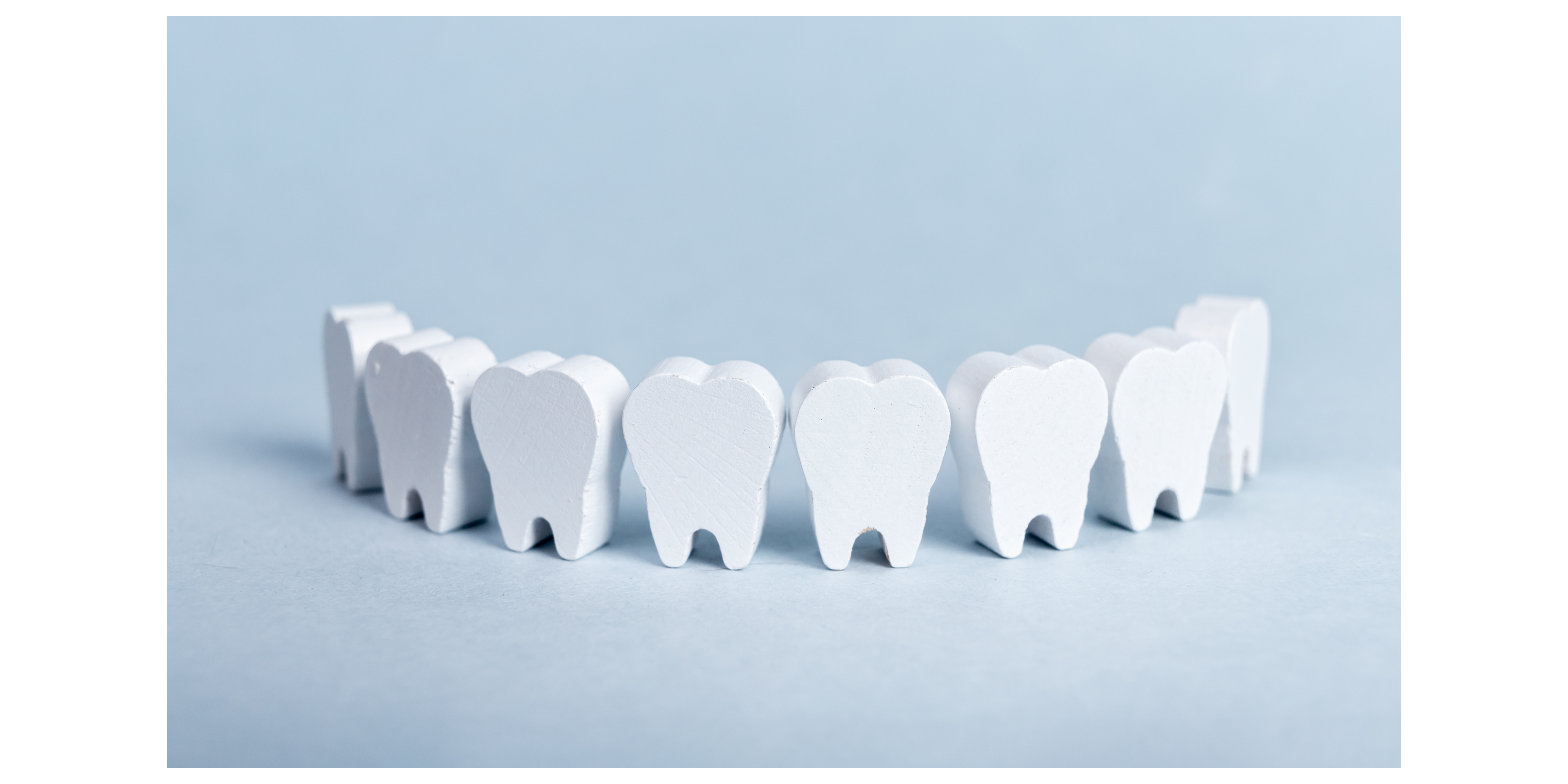Science
Systemic diseases
Advantages of membership
Lorem ipsum dolor sit amet, consetetur sadipscing elitr, sed diam nonumy eirmod tempor invidunt ut labore et dolore
Who we are
Lorem ipsum dolor sit amet, consetetur sadipscing elitr, sed diam nonumy eirmod tempor invidunt ut labore et dolore

Chronic inflammatory periodontal diseases are not limited to the oral cavity - they can pose health risks to the entire body
aMMP-8
Periodontitis and systemic interactions
Chronic inflammatory periodontal diseases are by no means limited to the oral cavity alone - they can pose serious health risks. Numerous studies are increasingly providing evidence of the systemic links between periodontitis and general health.
The link between periodontitis and diabetes mellitus has been particularly well studied. There is a bidirectional negative relationship between these two widespread diseases. The risk of periodontitis is three times higher in diabetics than in non-diabetics.
Conversely, manifest periodontitis impairs the metabolism of diabetics and thus increases the risk of diabetes-associated complications.
In addition, observational studies show that people who suffer from periodontitis have a significantly higher risk of cardiovascular diseases such as myocardial infarction (heart attack). Numerous studies provide evidence of a link between periodontal disease and cancer, rheumatoid arthritis, osteoporosis, chronic respiratory diseases, as well as different burdens for healthy people, including senior citizens, smokers and women who wish to have children.
Some systemic diseases that may be associated with oral inflammation
- Diabetes
- Prematurity and low birth weight
- Inflammation of implants and endoprostheses
- Skin and tissue diseases
- Osteoporosis
- Diseases of the respiratory tract and chronic lung diseases
- Rheumatoid, arthritis
- Endocarditis and cardiovascular diseases
Risk factors that can promote oral inflammation include
- Genetic predisposition
- Advanced age
- Diseases, e.g. diabetes mellitus, HIV, leukemia
- Hormonal influences, e.g. puberty, pregnancy, menopause
- Environmental factors, e.g. smoking, alcohol, stress, obesity, poor oral hygiene
- Medication, e.g. contraceptives, calcium antagonists, antiepileptics, immunosuppressants
Interdisciplinary diagnostics and collaboration
aMMP-8 the link between periodontal
and systemic diseases
Matrix metalloproteinases (MMPs) are found everywhere in human tissue. The enzymes perform important tasks in physiological development and remodeling processes, e.g. in wound healing by catalyzing the breakdown of collagens and elastin in the skin. MMPs are also involved in numerous pathological processes, including cardiovascular diseases, arthritis, tumors and periodontitis.
The body's own matrix metalloproteinase-8 (MMP-8) and its release are induced by periodontal bacteria. In its active form, aMMP-8 is considered one of the most important destructive enzymes in periodontal diseases. It is the only enzyme of the MMP family capable of cleaving both type I and type III collagen and is responsible for the breakdown of the three-dimensional collagen network of the periodontium. aMMP-8 is highly associated with the severity of periodontal inflammation and can therefore be seen as an early biomarker in periodontitis and peri-implantitis.
Recent studies show a connection between aMMP-8 and the occurrence of systemic diseases: MMP-8 serum concentration is associated with the risk of coronary events, myocardial infarction and mortality (Kormi 2017). There is evidence of a correlation between MMP-8 concentration and prognosis in colorectal cancer (Böckelman et al. 2018) and gastric cancer (Laitinen et al. 2018).
It is possible that aMMP-8 can be used as a biomarker for the risk assessment of systemic diseases.
Against this background, procedures for the early detection and diagnosis of periodontal disease, leading to appropriate treatment, can play an important role in reducing systemic health risks.
Healthy mouth - healthy body
aMMP-8 for early detection and progression measurement
Dentognostics' aMMP-8 test systems for dentists can be used to qualitatively or quantitatively determine the aMMP concentration in saliva or sulcus fluid (GCF/PISF). In this way, it is possible to detect periodontal, collagenolytic collagen degradation even if there are no signs of it in the X-ray or during probing (bleeding on probing; BOP). This allows the dynamic process of active oral collagen degradation to be documented and - even more interestingly - the future development and risk of progression to be predicted (Sorsa et al. 2010, 2016, 2018).
Benefit from the advantages
Become a supporting member
Lorem ipsum dolor sit amet, consetetur sadipscing elitr, sed diam nonumy eirmod tempor invidunt ut labore et dolore magna aliquyam erat, sed diam voluptua. At vero eos et accusam et
Network
Transfer of knowledge
Representation
Seal of approval
Training
Exchange of experience

Dirk-Rolf Gieselmann
Board of Directors
